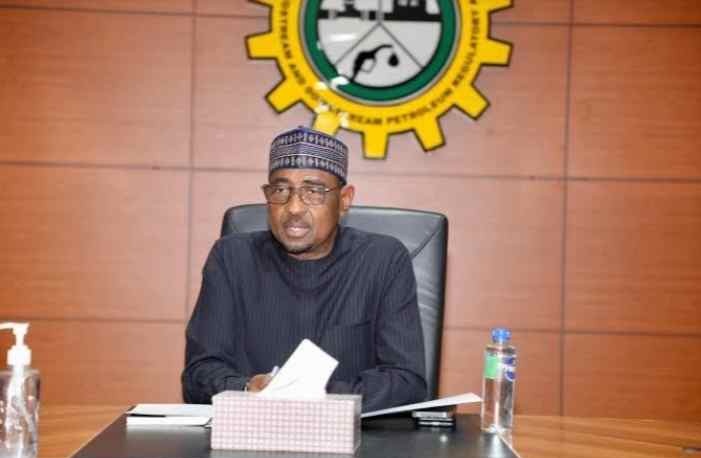Despite significant progress in refining projects across Nigeria and its West African neighbours, the region remains highly dependent on imported petroleum products, with nearly 69% of gasoline supplies sourced from outside the continent.
This revelation came from the Chief Executive of the Nigerian Midstream and Downstream Petroleum Regulatory Authority (NMDPRA), Farouk Ahmed, during the Global Commodity Insights Conference held in Abuja.
Speaking at the conference, jointly organised by the NMDPRA and S&P Global Commodity Insights, Ahmed painted a sobering picture of the region’s fuel market.
He disclosed that an average of 2.05 million metric tonnes of gasoline is traded monthly across West Africa.
However, according to him, only 31% (0.61 million MT) is refined locally, while the remaining 69% (1.44 million MT) is imported.
According to Ahmed, this reliance on foreign supplies persists despite the collective refining capacity of Nigeria, Ghana, Niger, Senegal, and Côte d’Ivoire reaching 1.335 million barrels per day.
While this marks a notable leap in regional production, it has yet to significantly reduce the continent’s dependence on external supply chains.
“This data shows that we still lean heavily on external sources for our gasoline needs,” Ahmed stated.
“Even with expanded refining capacity, the bulk of our supply is imported.”
He also highlighted the fundamental flaw in the current pricing framework.
African nations, including Nigeria, continue to base fuel prices on global benchmarks from distant markets such as Northwest Europe, the US Gulf Coast, Singapore, and the Arab Gulf.
These benchmarks, Ahmed said, do not account for the unique logistics, supply chain, and cost structures of the African region.
“These global price references do not reflect our local realities,” he said.
“This disconnect has created inefficiencies in the fuel market and deterred much-needed investment.”
Ahmed stressed the importance of creating a regional pricing benchmark to ensure transparency, improve market efficiency, and support strategic investment across the fuel value chain.
He noted that NMDPRA is already working in collaboration with S&P Global to develop tailored indices for key refined products, including petrol (Premium Motor Spirit), diesel, aviation fuel, and LPG.
“Our goal is to establish a West African reference price index that can foster investor confidence and promote price transparency,” he added.
“This will empower both regulators and operators across the fuel ecosystem to make data-driven decisions.”
The NMDPRA chief also acknowledged reforms initiated under the leadership of President Bola Tinubu.
These include the implementation of the Petroleum Industry Act (PIA) and the liberalization of the downstream sector.
These measures, he said, are laying the foundation for Nigeria to become a dominant refining and fuel distribution hub for West Africa.
“Investments are flowing into refining projects, digital platforms, and strategic trade zones,” he noted.
“With our deep seaports and coastline infrastructure, Nigeria is well-positioned to serve as the fuel logistics nerve centre of the region.”
He referenced the Dangote Refinery and the ongoing rehabilitation of Nigeria’s state-owned refineries as transformative projects that could substantially improve domestic fuel production and reduce reliance on imports.
Citing OPEC projections, Ahmed said Africa is set to add 1.2 million barrels per day in refining capacity between 2025 and 2030, with West Africa expected to be a key driver of that expansion.
President Tinubu, in a statement shared via his official X (formerly Twitter) handle, echoed this sentiment.
He insists that Africa must break free from its role as a passive price taker in the global energy market.
“Africa can no longer afford to be a bystander in pricing its own resources,” Tinubu declared.
“We must establish credible, transparent pricing systems that reflect our realities and protect our economies.”
He emphasized Nigeria’s commitment to working with regional partners to develop an integrated African energy market that prioritizes local production, cross-border trade, and economic growth.
“From refining to regulation, we are building a market rooted in African leadership, transparency, and long-term prosperity,” Tinubu stated.
“This is how we shape our energy future, by taking ownership of our value chains and trading on our own terms.”
The Abuja conference is expected to be a key milestone in Africa’s journey toward energy independence and pricing sovereignty.







